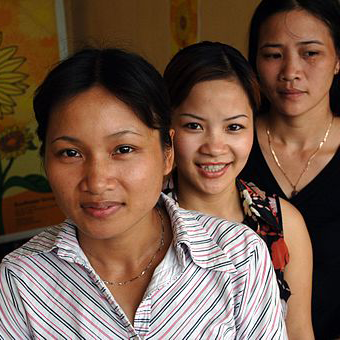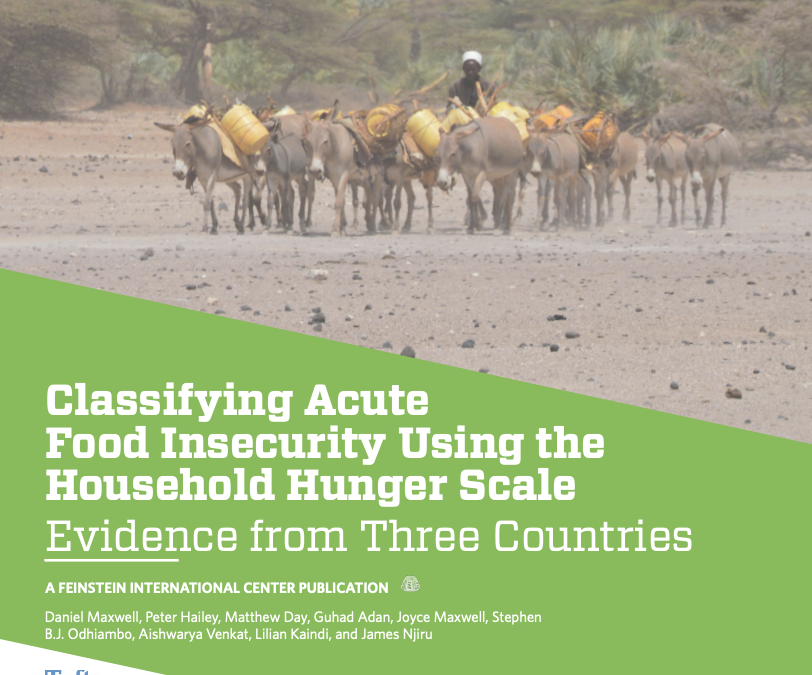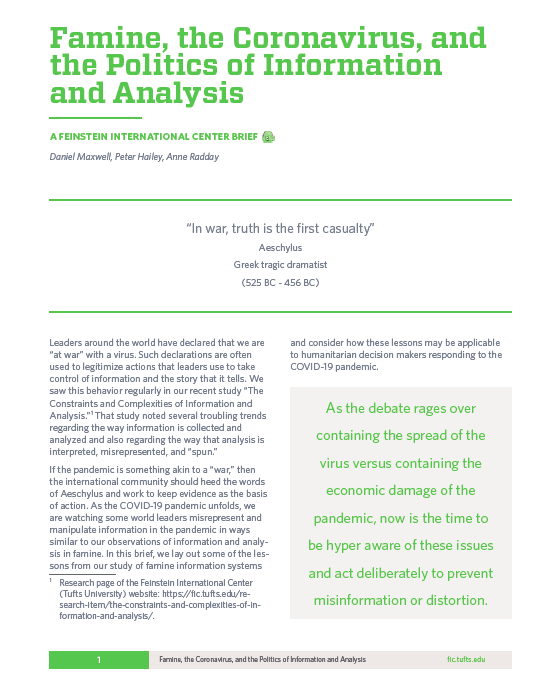
Gender, Sex, Age, and Disability in Humanitarian Response
This page brings together multiple projects related to gender, sex, and age in humanitarian response.

This page brings together multiple projects related to gender, sex, and age in humanitarian response.

Our latest research shows that we do not know enough about early marriage to design programs and policies that effectively support female youth in the ways that they need. This study is generating the evidence humanitarians need.
This study seeks to understand the availability and quality of information, and the external influences on data collection and analysis for the classification of food emergencies.

This study employed an active case identification approach to identifying the worst affected households in communities and make recommendations for how classification could be further improved.

This brief lays out lessons from our study of famine information systems and considers how they may be applicable to the coronavirus pandemic response.